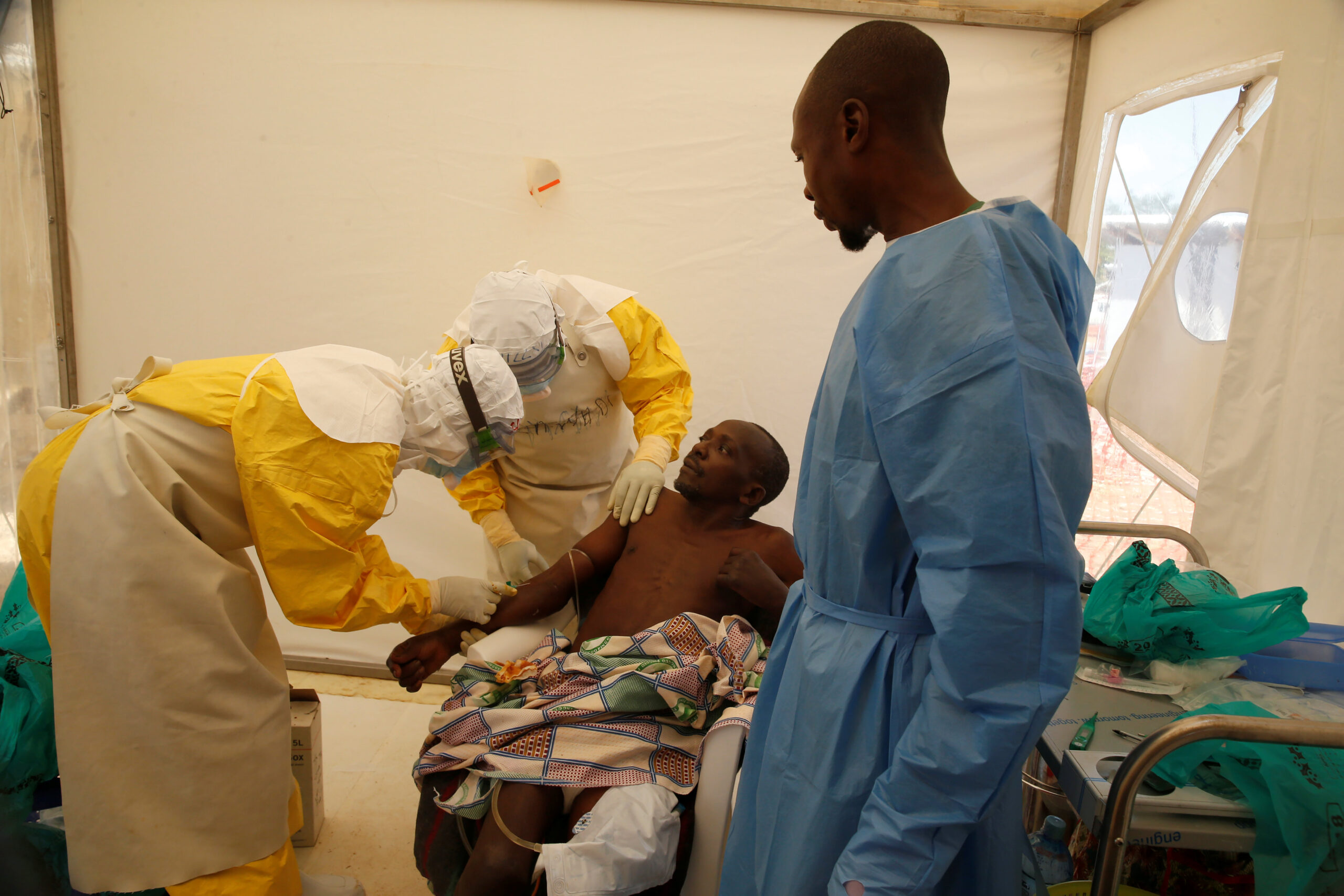
Ebola vaccination resumes in DR Congo after security incidents

The World Health Organisation announced on Monday that the vaccination campaign against the Ebola virus resumed in Katwa, Democratic Republic of Congo, after a three-day interruption due to security incidents.
The WHO says 185 people were vaccinated on Sunday. More than 111,000 people have been vaccinated in the DR Congo since the outbreak was declared in August 2018.
The WHO Director-General Tedros Adhanom Ghebreyesus said that a series of attacks last week had disrupted Ebola response activities in the DR Congo.
Ghebreyesus said that the WHO expected the disruptions and backlog in testing to result in a rise in the number of cases reported in the days to come.
“When we cannot reach people, they do not get the chance to be vaccinated or to receive treatments if they fall ill. The tragedy is that we have the technical means to stop Ebola but until all parties halt attacks on the response, it will be very difficult to end this outbreak,” Ghebreyesus said.
The WHO has faced serious difficulties in leading a response to contain the Ebola outbreak in the DR Congo, which is the second worst after the 2014 outbreak in West Africa which killed more than 11,000 people.
It blames this phenomenon, in part, on repeated incidents of violence which affect the ability of response teams to immediately identify and create vaccination rings around all people at risk of contracting Ebola.
A Cameroonian doctor was killed in April in an attack by armed gunmen on a health centre in Butembo, the epicenter of the current Ebola outbreak. Health workers then threatened to go on strike if the government did not improve their security.
A lack of trust in the government has also frustrated efforts to contain Ebola since the outbreak began. Some residents falsely accuse foreigners of bringing Ebola to the area.






